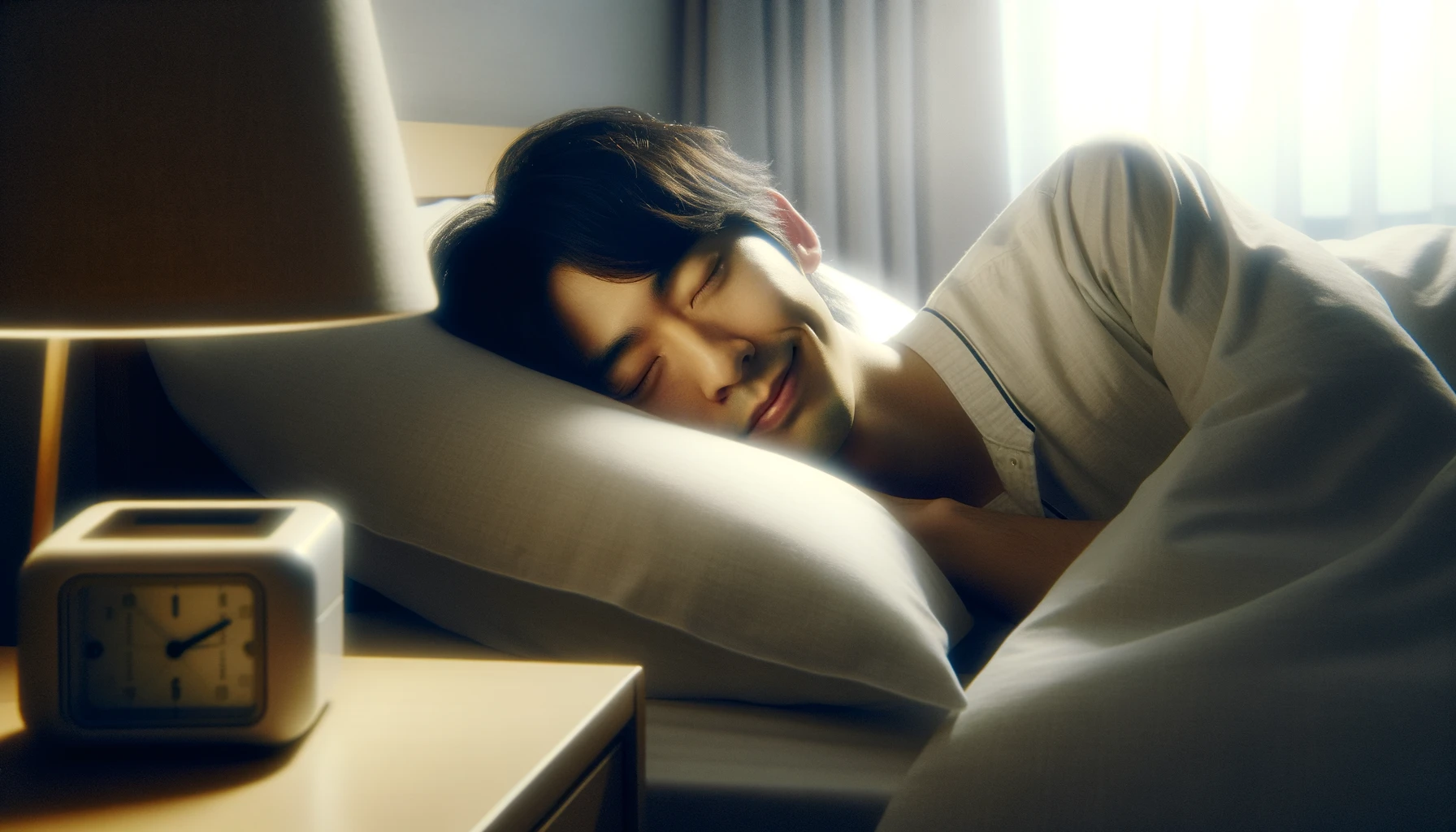Sleep is a crucial aspect of our daily lives, and its importance cannot be overstated. In recent years, there has been a growing trend towards prioritizing sleep quality, with many people seeking ways to improve the quantity and quality of their sleep. But what’s driving this trend? In this blog post, we’ll explore some of the factors that are contributing to the increasing focus on better sleep quality.
1. The impact of sleep on physical health
One of the primary reasons for the growing interest in sleep quality is the increasing awareness of the impact of sleep on physical health. Research has shown that sleep plays a critical role in maintaining our physical health. During sleep, our bodies repair and regenerate damaged cells, build bone and muscle, and strengthen our immune systems. Inadequate sleep has been linked to a range of health problems, including obesity, diabetes, cardiovascular disease, and even cancer. A study published in the journal Sleep found that people who slept less than six hours per night were more likely to experience weight gain and an increased risk of obesity. Additionally, a study in the journal Sleep Health found that sleep deprivation can lead to an increase in inflammatory markers, which can negatively impact our immune system.
2. The rise of sleep technology
The rise of sleep technology has also contributed to the trend towards better sleep quality. Wearable devices like smartwatches and fitness trackers now include sleep tracking features that monitor sleep duration, quality, and stages of sleep. This technology has made it easier for people to monitor their sleep patterns and identify areas for improvement. For example, the Fitbit app allows users to track their sleep and set sleep goals, while the Apple Watch offers a built-in sleep tracking feature. Additionally, there are now a variety of sleep-related apps and devices available that offer personalized sleep recommendations, sleep sounds, and even sleep coaching. For instance, the Calm app offers guided meditation and sleep stories to help users relax and fall asleep.
3. The influence of social media
Social media has played a significant role in raising awareness about the importance of sleep. Influencers and celebrities often share their sleep routines and tips, which has helped to popularize the idea of prioritizing sleep. For example, Arianna Huffington, the founder of Thrive Global, has spoken publicly about the importance of sleep and has shared her own sleep routine, which includes avoiding screens before bedtime and creating a relaxing bedtime routine. Additionally, social media platforms have made it easier for people to share their own sleep experiences, creating a sense of community and fostering a culture where sleep is seen as a vital aspect of a healthy lifestyle. For instance, the #sleepchallenge hashtag has been used over 1.3 million times on Instagram, with people sharing their sleep-related goals and tips.
4. The growing demand for mental health support
Mental health has become a significant concern in recent years, and sleep is an essential aspect of mental health. Poor sleep has been linked to a range of mental health issues, including anxiety, depression, and stress. As people increasingly seek ways to improve their mental wellbeing, they are turning to sleep as a potential solution. This has led to a greater focus on sleep quality and the adoption of sleep-promoting practices like meditation, mindfulness, and relaxation techniques. For example, a study published in the journal JAMA Internal Medicine found that mindfulness meditation, which involves paying attention to the present moment without judgment, can improve sleep quality and reduce symptoms of insomnia.
5. The impact of sleep on cognitive function
Sleep is essential for cognitive function, and research has shown that sleep plays a critical role in memory consolidation, problem-solving, and decision-making. As people seek to optimize their productivity and cognitive performance, they are recognizing the importance of sleep in achieving these goals. This has led to a greater emphasis on sleep quality and the adoption of sleep-promoting practices like consistent sleep schedules, dark, quiet sleep environments, and avoiding screens before bedtime. For example, a study published in the journal Sleep found that napping can improve memory consolidation and problem-solving skills.
6. The rise of remote work and flexible schedules
The shift towards remote work and flexible schedules has also contributed to the trend towards better sleep quality. With more people working from home or having flexible work schedules, there is a growing need for sleep-conducive environments that promote productivity and focus. As a result, people are paying more attention to their sleep environments, investing in comfortable mattresses, pillows, and sleep accessories that promote better sleep. For example, the market for sleep accessories such as eye masks, earplugs, and white noise machines is growing, with an expected market size of $1.3 billion by 2025.
7. The influence of the wellness industry
The wellness industry has been a significant driver of the trend towards better sleep quality. The industry has recognized the importance of sleep in overall wellness and has responded by offering a range of sleep-promoting products and services. From sleep-inducing essential oils to sleep retreats and workshops, the wellness industry has helped to popularize the idea of prioritizing sleep as an essential aspect of a healthy lifestyle. For example, the wellness brand, Peloton, offers a sleep-focused class called “Sleep: A Guided Meditation” that helps users relax and unwind before bed.
8. The growing awareness of sleep disorders
Sleep disorders like insomnia, sleep apnea, and restless leg syndrome affect millions of people worldwide. The growing awareness of these disorders has led to a greater focus on sleep quality and the adoption of sleep-promoting practices. People are seeking ways to improve their sleep, and this has led to a greater demand for sleep-related products and services. For example, the global sleep aid devices market is expected to grow to $1.2 billion by 2025, with a compound annual growth rate of 12.1%.
9. The influence of celebrity culture
Celebrities have been open about their sleep habits, with some even sharing their sleep routines on social media. This has helped to popularize the idea of prioritizing sleep and has contributed to the growing trend towards better sleep quality. For example, Oprah Winfrey has spoken publicly about the importance of sleep and has shared her own sleep routine, which includes avoiding screens before bedtime and creating a relaxing bedtime routine. Additionally, celebrities like Jennifer Aniston and Ariana Huffington have shared their sleep tips and routines on social media, further raising awareness about the importance of sleep.
10. The impact of sleep on relationships
Finally, the impact of sleep on relationships cannot be overlooked. Sleep plays a critical role in interpersonal relationships, with research showing that sleep deprivation can lead to conflicts, misunderstandings, and miscommunications. As people seek to improve their relationships, they are recognizing the importance of sleep in maintaining healthy, positive connections with others. For example, a study published in the journal Sleep found that couples who slept in the same bed had better relationship satisfaction and communication compared to those who slept in separate beds.
In conclusion, the trend towards better sleep quality is driven by a combination of factors. From the impact of sleep on physical health to the rise of sleep technology, the growing demand for mental health support, and the influence of celebrity culture, there are many reasons why people are prioritizing sleep quality. As the importance of sleep becomes increasingly recognized, we can expect to see continued innovation in sleep-related products and services, as well as a growing focus on sleep as a critical aspect of a healthy lifestyle.










